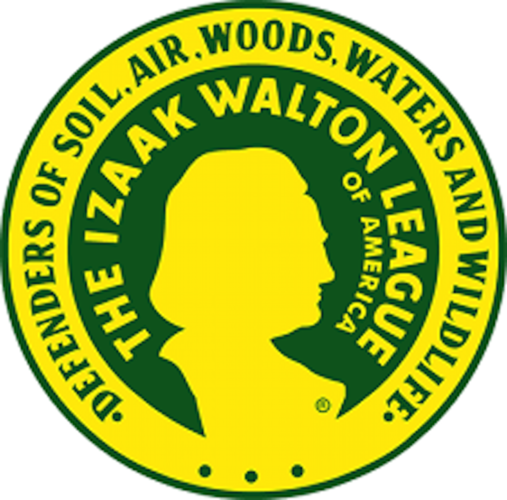 Photo Courtesy of IWLA
Photo Courtesy of IWLA When Ken Dufalla, 72, first became president of the Harry Enstrom Chapter of the Izaak Walton League of American in 2007, it had 19 members. Today, the group is 60 members strong and in its 80th year, but its fight for the environment is far from over.
The national version of the IWLA, according to its official website, was originally founded in 1922 by fishing fanatics who wanted to preserve the environment. The Harry Enstrom chapter was founded in 1938, and as its president, Dufalla strives to maintain those same principles in Greene County, a place where the oil and coal industry reign supreme.
“As defenders of soil, air, water and wildlife, we’re fighting right now and challenging others to fight with us,” Dufalla said.
On a cold and snowy Wednesday afternoon, Dufalla sat down for lunch at one of his favorite restaurants, Lavern’s Place, with fellow IWLA member Chuck Hunnell, 74. From head-to-toe, Dufalla was dressed in tan. The only speckle of color on him was the bright green and yellow patch on his right breast pocket, displaying the insignia of his IWLA chapter. He’s been a member of the chapter for 34 years.
It is at Lavern’s that Dufalla often conducts meetings and hosts lunch or dinner conversations with prospective IWLA members. If the walls of the restaurant could talk, they would probably start spouting off knowledge of different chemical reactions and environmental controversies.
“A lot of people ask us why we try so hard to do this,” Dufalla said. “It’s not for us at all. I’m 72 years old.”
“I’ll be 75 in May,” Hunnel said, quickly chiming in.
“It won’t be a long time before we’re gone,” Dufalla said, sipping his IBC root beer.
“Nope,” said Hunnel.
“Exactly, Dufalla said. “We’re not fighting for us. We’re fighting for the children—they are the ones who deserve a clean environment.”
The Harry Enstrom Chapter of the IWLA educates as many people as it can. Members attend and speak at various meetings in the area, as well as host their own meetings at Hot Rod’s on the third Wednesday of every month.
“[Mining and drilling] are complex subjects,” Dufalla said. “And people sometimes don’t understand them, so they can’t commit to solving the problem. That’s why education is so important.”
Across the room at Lavern’s, several tables were taken up by EQT workers on their lunch breaks, which is a great example of a corporation whose practices the IWLA is fighting against. In the middle of talking about educating the public, Hunnell spotted them, but didn’t condemn them at all.
“They aren’t trying to ruin the earth—some of them probably don’t even know,” Hunnell said. “They are breathing the same air; drinking the same water we are. They deserve to be educated.”
For Hunnell, who has a background in history and economics, the subjects of chemistry and the environment were foreign to him before he stumbled into one of Dufalla’s IWLA meetings in 2011. After having his own concerns about what was going on around his home, he’s been deeply invested in the chapter.
“Living here and moving from a rural town to industrialization…the quiet’s not there,” Hunnell said. “There’s a gas well up the hill from me, and the wind carries whatever is being brewed in that well, down to the air I am breathing every day. To say I am concerned is an understatement.”
On top of educating, the Harry Enstrom chapter is also devoted to testing water and air quality, as well as restocking local tributaries and rivers with trout. One of Dufalla’s latest endeavors on behalf of the chapter is raising awareness for Greene County’s opioid epidemic.
“I know the opioid problem doesn’t have anything to do with hunting or fishing, but we’re a conservation organization, and our greatest asset is our young people,” Dufalla said.
As an active member, Hunnell said he thinks there needs to be a revival of sorts in order to see a real difference made.
“Civil rights didn’t become a reality until people took to the streets,” said Hunnell. “It was Birmingham; it was Selma. It was the moment when the people decided they wanted to see a change.”
Dufalla hopes to continue a successful leadership by raising awareness and recruiting for more members of the community.
“People have to understand and get more involved,” he said. “Complacency is over with. We’re in a state of crisis now. It’s time we stand up and told those who are in control what we want: clean air, safe water and good jobs.”
